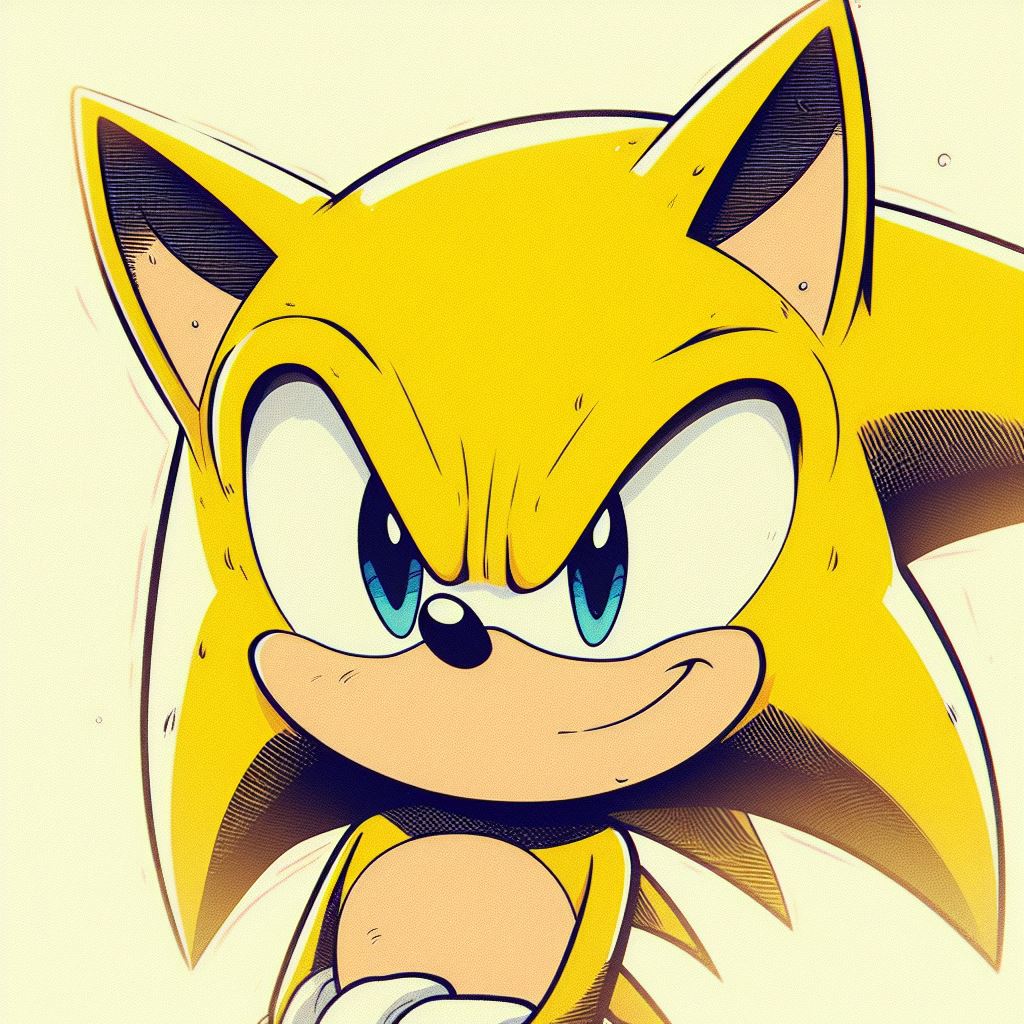Who decides stuff like this? Who’s like “hmm, yeah a group of owls is definitely a parliament”
I don’t know if it is still in print but there is a book that is a collection of collective nouns. The book is called An Exaltation of Larks by James Lipton.
It is the same James Lipton who hosts the Inside the Actors Studio.
I love you, English as my second language, but you cray cray and I ain’t doing all of that.
Yeah all of these can be replaced with “group” with no loss in specificity.
Don’t worry, virtually no first-language English speakers do either
About the only one of those I use (besides the regular ones like ‘a flock of birds’) is ‘a murder of crows’. Usually in a statement like “We just witnessed a murder.”
I think I generally operate on “it flies = flock”, “it swims = shoal”, and “it walks on land = herd”. There are exceptions, but that’s the broad approach
Agreed, although I think a school of fish is also pretty broadly used, no?
I would definitely recognise it and would not consider it weird if I heard someone say it, but I probably wouldn’t instinctively reach for it myself. That’s obviously just me though, not necessarily English speakers in general
What’s the collective noun for a group of politicians?
I thought it was a congress of baboons, but apparently that was a joke that has been circulated for a while now that everyone just accepted as fact.
- A sanatorium
- A circus
- A gaggle
A Parliament.
Misread it as trump of baboons
Still works
deleted by creator
We are all a rookery of crookery penguins on this blessed day.
a flight of dragons
a wing of dragons
a doom of dragons
A pandemonium of parrots. 😂
How could they leave out a Murder of Crows?
No doubt! Only the best group name ever.
I’m Ojibway/Cree from northern Ontario in Canada
In English - a group of moose is just ‘a group of moose’ … as far as I know, I’ve never heard of meese or mooses … or else people just say two moose, three moose, four moose, etc.
In Ojibway/Cree - one moose is ‘moose’, because moose is an indigenous word … a group of moose in my language is MOOSUK
Very interesting, thanks for sharing. Just curious, is -uk just a general suffix to make anything plural, or this is just a one off thing here?
Yes it is for most words.
Goose is niska … the plural is niskuk
Beaver is amisk… the plural is amiskuk
It’s not a hard rule but it applies to many things, objects and animals.
Ah thanks, that would explain seeing -uk in so many name places I guess
Crap, the thing was deleted. That’s sad, it was nice
Why are ferrets a business? Just what are they up to?







